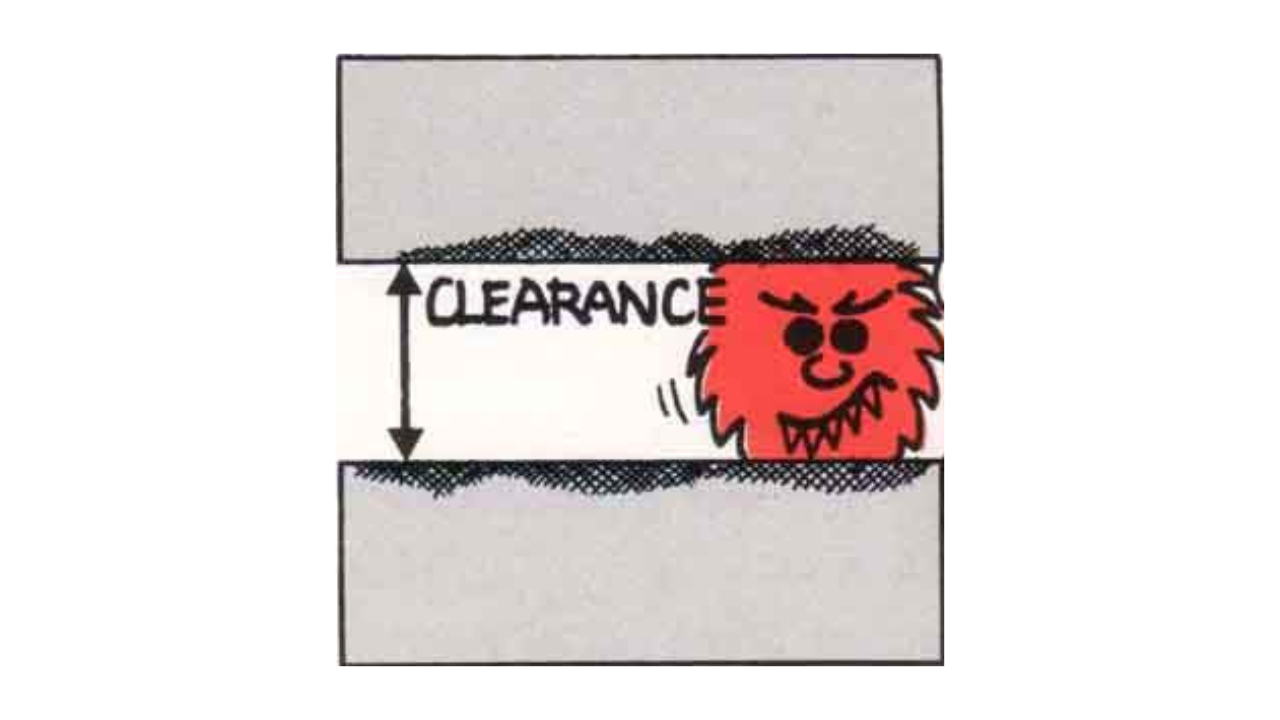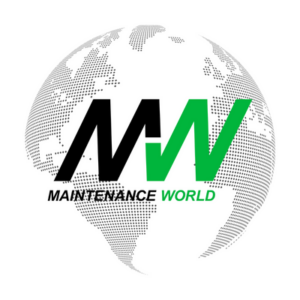RCFA: How to Select the “RIGHT” Root Cause Failure Analysis
Robert J. Latino, Reliability Center, Inc.
Methodology & Vendor
With Root Cause Failure Analysis (RCFA) being a buzzword of the 90’s, companies are faced with a slew of new vendors with numerous RCFA methods and practices to help you attain quantum results. How do you decide who is going to make you money versus who is going to take your money?
Programmatic analysis, barrier analysis, change analysis, logic tree, fault tree analysis, problem solving, statistical analysis, MORT analysis, human performance evaluation, fishbone, cause-effect analysis, etc.; with all the fancy labels how do you choose which one applies under which circumstances and who should teach you the proper method. With dollars becoming tighter, workforces becoming leaner and more work accumulating, making the right decisions on how to efficiently eliminate failures is critical.
Every vendor of RCFA services has their favorite tools in their toolbox and tout them as the greatest thing since sliced bread. As one of those vendors, we are no different! After all, to tout these methods and practices they must have proven successful for these company’s clients in the past in order to continue selling the intellectual property. Make no mistake, all of these methods have been proven in very specific circumstances in the past. Does that mean they will work for you?
Companies must realize that for any new learning to provide your facility with bottom-line results, two things MUST happen:
- a successful knowledge transfer must occur to the user.
- the users environment must expect and encourage the new learning to be implemented properly.
Many companies feel that because you have trained someone in a new skill that it will automatically provide results. If I learn a new skill, especially a proactive one, and I return to my facility to find that same old reactive environment, my new skill does not have a chance of being implemented. Many of us see that. In these cases, no matter what training you decide to use, it will not work because the management’s of the facilities have not supported the implementation of the activity by providing supportive management systems.
What should the criteria be for selecting the appropriate RCFA method for your needs?
Determine your Internal RCFA Needs
- Are you looking to set up an RCFA effort or to investigate a single incident only?
- Will your RCFA effort focus on “incidents” only, chronic failures only, or both?
- Will management support be solicited?
- Will management systems be implemented?
- Will teams be dedicated to completion of RCFA’s?
- Will hourly personnel participate on teams?
- Will additional technical resources be required?
- Will additional technical equipment be required?
Determine Appropriate RCFA Method to Use for your Environment
- Evaluate simplicity of method.
- Evaluate analysis flexibility.
- Evaluate quality of materials and job aids.
- Evaluate training flexibility.
- Evaluate method comprehensiveness.
- Evaluate system to track for results.
- Evaluate overall value of method (cost-benefit analysis).
Determine How to Implement: In-House or Outsource
- Does the facility posses the instructional technology skills and resources to develop in-house courses on evaluated and proven RCFA method?
- Is it more economical and timely to develop courses in-house (cost-benefit)?
- Would utilizing past vendor training be appropriate for in-house instructors?
- Is there any copyright infringement concerns utilizing past vendor training in-house?
- Are qualified RCFA instructors with field experience available in-house?
- Would in-house instructors be dedicated to supporting and mentoring their students?
- Would management be willing to fund the RCFA method development in-house?
- Would management be willing to wait for completion of the skill development and then implementation?
Choose the Appropriate RCFA Vendor
- Does the vendor provide the chosen RCFA method by the facility?
- Does the vendor have training in RCFA for field personnel, engineers and management?
- Does the vendor posses various methods that compliment each other and provide specifically designed training to the appropriate level of audience?
- Does the vendor’s instructor(s) have field experience in implementing RCFA? How much?
- Does the vendor’s instructor(s) have experience in instructional technology and applied learning to increase presentation retention rates?
- Can the vendor provide references of successful client field applications? In your industry?
- Does the vendor have products/services to support RCFA method (management system support models, software, on-site facilitation services, follow-up capabilities, etc.)?
- Is the vendor willing to customize instruction and materials to accommodate your needs?
- Is the vendor willing to work on specific, on-going in-house failures during training?
- Does the vendor possess the skills on staff to deal with managerial culture transformations?
- Is the vendor willing to partner? Share risk?
- Does the vendor posses the staff capacity to handle your requirements? Domestically? Internationally?
Obviously, this is not as comprehensive as it possibly could be, however it is a good starting point. As I stated earlier, the key to starting is clearly defining what YOU want and obtaining internal support for the vision. Then the task will be to solicit the qualified vendors to help execute your vision.
Speaking as a principal in a company that provides such RCFA services, the best advertising we can get is from the people who utilize our services. This is true of any vendor of any product. Therefore, people soliciting such services should contact at least three references of proposed vendor and discuss results as well as how the vendor interacted with the reference! If companies are legitimate, they will pride themselves on their client’s quantum results as a result of applying their RCFA method. When it gets down to brass tacks, its the bottom-line performance that counts, PROFITABILITY!!!
Click here to find more root cause resources.
Robert Latino is the Principal of Prelical Solutions, LLC a Practical Reliability Consulting that is helping companies realize their reliability potential.
Related Articles
Analyzing Semiconductor Failure

Improvement: What Comes First?

An Integrated Process for System Maintenance, Fault Diagnosis and Support

Anatomy of a Boiler Failure—A Different Perspective

Anatomy of a Hydraulic Pump Failure

Are We Willing to Hear What “Failure” Has to Say?




